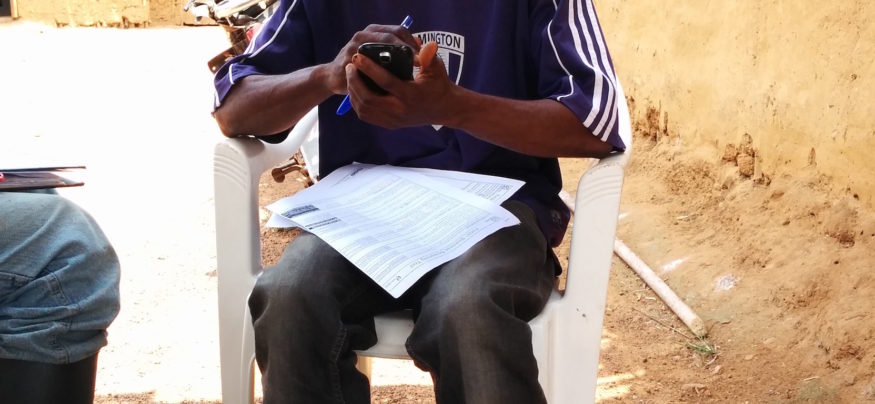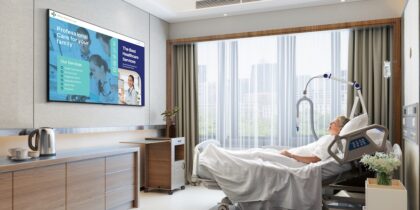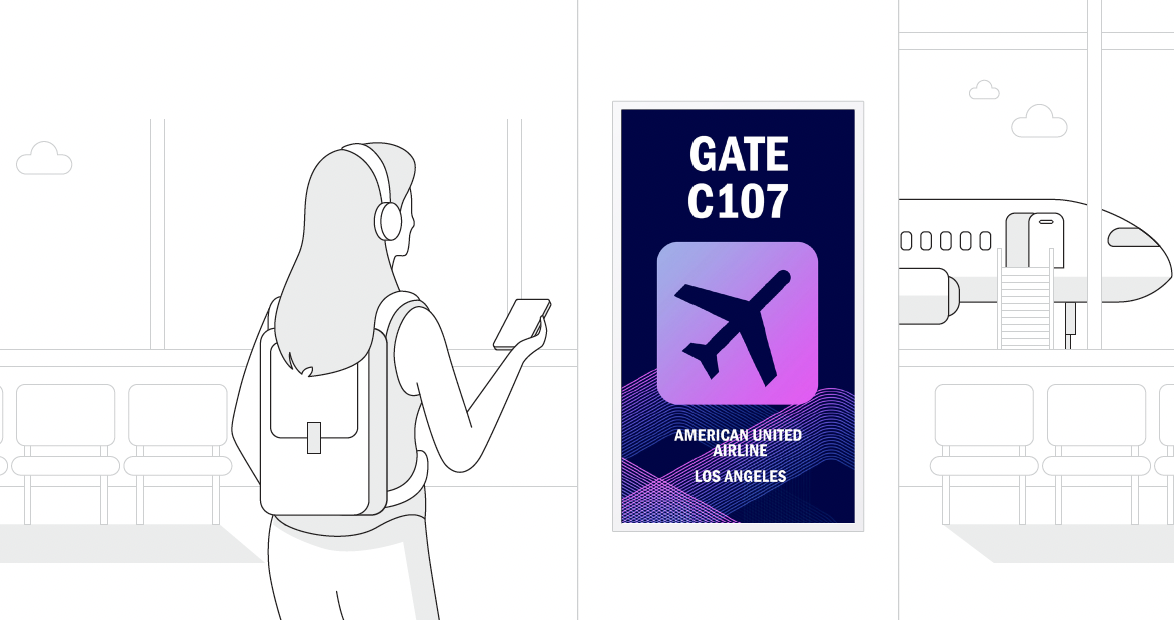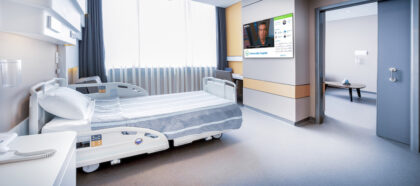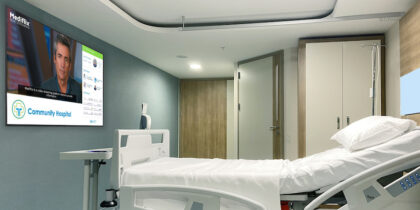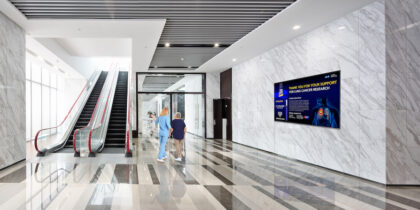Located on the west coast of Africa, Liberia is home to about 4 million people, many of whom live in remote villages far removed from the country’s limited infrastructure. Because these villages are so distant from city living and the country’s few working doctors, many of them never see a healthcare worker in their entire lives. That’s why technology had such a large impact during the Ebola crisis this past year. Healthcare technology doesn’t have to be complicated to positively affect health outcomes. In fact, it can be as simple as a smartphone and a battery pack equipped with questionnaires and diagnostic guidance tools.
Insufficient Technology Prevents Proper Care
Ebola was found in Liberia and neighboring west African countries in March 2014. A lack of access to healthcare workers likely contributed to its spread. In Liberia, more than 10,000 people were estimated to have contracted the disease, and more than 4,700 died from it before the outbreak was declared over on May 9, 2015. At the time of the outbreak, Last Mile Health, a nonprofit based in Massachusetts, was already working to provide healthcare to Liberia’s remote villages through trained community health workers. These workers used paper-based assessments to screen for Ebola and other diseases and to help provide treatment.
Technology Supports Improvements in Healthcare
Data-gathering and management tools help doctors, nurses and other healthcare providers analyze patient symptoms and address disease. However, the cost and level of infrastructure required to support this advanced healthcare technology are prohibitive for developing countries. Last Mile Health’s Nick Gordon, a monitoring & evaluation data systems designer, said many areas in Liberia have no access to electricity, and the power that is available in remote villages is often provided through private diesel generators. To bridge this gap and allow Last Mile’s team of trained community health workers (CHWs) to use assistive technology, the nonprofit created a suite of mobile healthcare (mHealth) tools that run on a low-cost smartphone equipped with a solar-powered USB battery pack. These tools were created using Open Data Kit, which Gordon said allowed them to develop apps that would work offline and later sync through Bluetooth.
Mobile Healthcare in Action
Gordon said many of Last Mile’s CHWs had never used smartphones before, so they trained them to use touch screens and complete digital mHealth forms. The initial group of CHWs to use mobile tools accessed forms for Ebola and sick-child assessment. “The forms are not just for data collection,” said Gordon. “They are designed to help our CHWs make decisions and provide the right care.” For example, the sick-child assessment forms help CHWs gather data on symptoms and then recommend appropriate treatments for pneumonia, fever, malaria, diarrhea and other illnesses.
The initial deployment of these newly developed healthcare technology tools “was received with wild popularity,” Gordon said. CHWs reported that “the technology did make their work easier. They had less paperwork and fewer errors.” And, Gordon concludes, “individuals felt they were receiving an improved quality of health care.” That’s what mHealth is working toward: a better healthcare experience for everyone involved.
Based on the success of the initial testing phase, Gordon said Last Mile Health is creating further mHealth tools and planning to scale the system to 120 CHWs in the Liberian counties of Rivercess and Grand Gedeh by the end of summer 2015.
